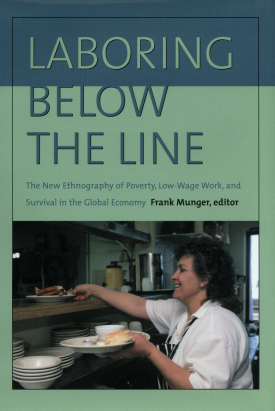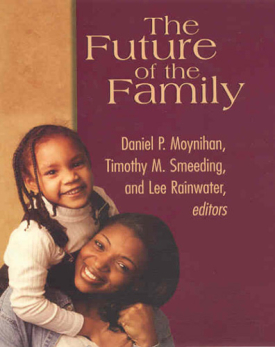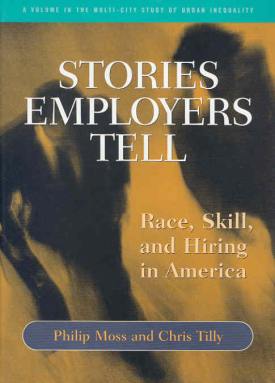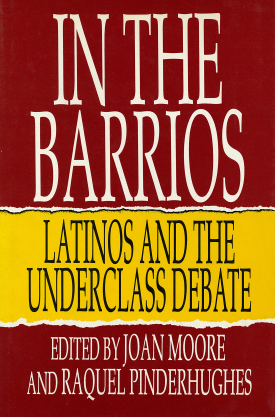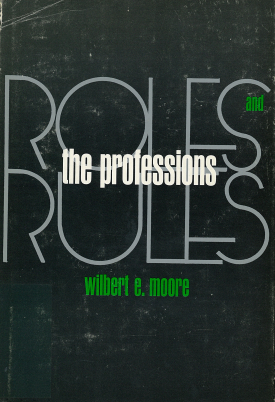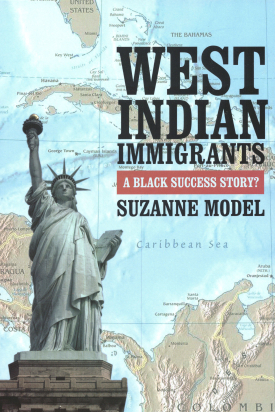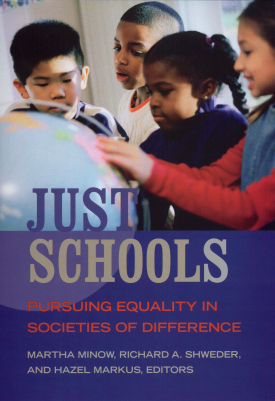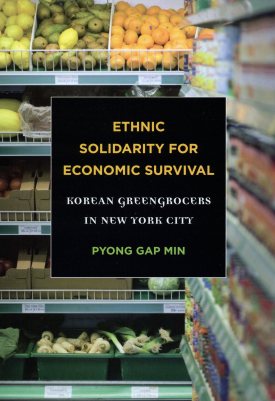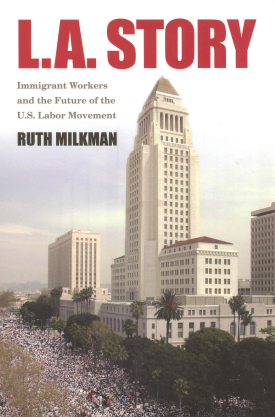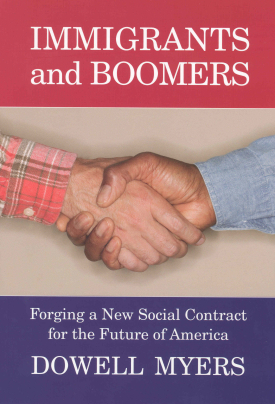
Immigrants and Boomers
About This Book
Winner of the 2007 Thomas and Znaniecki Award from the International Migration Section of the American Sociological Association
“This story of hope for both immigrants and native-born Americans is a well-researched, insightful, and illuminating study that provides compelling evidence to support a policy of homegrown human investment as a new priority. A timely, valuable addition to demographic and immigration studies. Highly recommended.” —Choice
Virtually unnoticed in the contentious national debate over immigration is the significant demographic change about to occur as the first wave of the Baby Boom generation retires, slowly draining the workforce and straining the federal budget to the breaking point. In this forward-looking new book, noted demographer Dowell Myers proposes a new way of thinking about the influx of immigrants and the impending retirement of the Baby Boomers. Myers argues that each of these two powerful demographic shifts may hold the keys to resolving the problems presented by the other.
Immigrants and Boomers looks to California as a bellwether state—where whites are no longer a majority of the population and represent just a third of residents under age twenty—to afford us a glimpse into the future impact of immigration on the rest of the nation. Myers opens with an examination of the roots of voter resistance to providing social services for immigrants. Drawing on detailed census data, Myers demonstrates that long-established immigrants have been far more successful than the public believes. Among the Latinos who make up the bulk of California’s immigrant population, those who have lived in California for over a decade show high levels of social mobility and use of English, and 50 percent of Latino immigrants become homeowners after twenty years. The impressive progress made by immigrant families suggests they have the potential to pick up the slack from aging boomers over the next two decades. The mass retirement of the boomers will leave critical shortages in the educated workforce, while shrinking ranks of middle-class tax payers and driving up entitlement expenditures. In addition, as retirees sell off their housing assets, the prospect of a generational collapse in housing prices looms. Myers suggests that it is in the boomers’ best interest to invest in the education and integration of immigrants and their children today in order to bolster the ranks of workers, taxpayers, and homeowners America they will depend on ten and twenty years from now.
In this compelling, optimistic book, Myers calls for a new social contract between the older and younger generations, based on their mutual interests and the moral responsibility of each generation to provide for children and the elderly. Combining a rich scholarly perspective with keen insight into contemporary political dilemmas, Immigrants and Boomers creates a new framework for understanding the demographic challenges facing America and forging a national consensus to address them.
DOWELL MYERS is professor of urban planning and demography at the University of Southern California.

